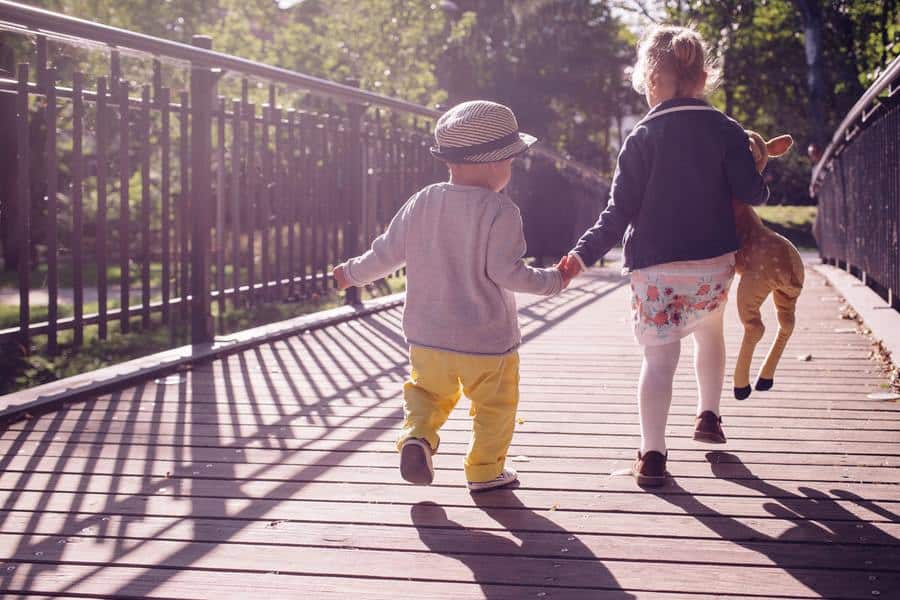One of the hallmarks of a truly great society is its capacity for compassion. History has shown us little of this, which is why we have to start raising kind and compassionate kids from an early age. Why? Because they will be the ones dictating things to the future generations.
Kindness is something that is innate, but isn’t necessarily a dominant trait in nature. You will see animals in the wild being gentle with each other one moment…then ripping each other to bits the next. Same with humans. We have to train our kids to recognize and tamp down those negative impulses, to cultivate and groom the positive ones. What are some practical ways to do this?
Animals. From an early age, expose children to animals. If you’re a city-dweller or have allergies to domestic pets, try petting zoos and nature exhibits. Visit farms. Let your children see how animals act. Let them hold and touch them (stuff washes off!). Explain that everything and everyone has feelings, and that those feelings matter. A fuzzy chick or bunny can teach a major lesson in kindness and consideration in one setting.
Talk to them like they’re important. You know the old saying, “You give what you get, you get what you give”? It’s very true. If you’re constantly talking down to, belittling, or demeaning your child, making him or her feel incapable of doing good…guess what? Eventually, you’ll have a self-fulfilling prophecy.
Model kindness. If your children don’t see you being kind, what motivation or kind of example do they have to follow? Make sure you are as gracious and compassionate as YOU can be, to show them how it’s done. You will make yourself a better person in the process of making your kids better, too.
Point out the details. Kids are, by nature, narcissistic and egotistical. Physiological and emotional development takes time, and help from a wise elder. Teach them how to note the differences in body language and facial expressions, to gauge how people are feeling—it may give them an opportunity to do something kind in the future. Explain that words can hurt just like fists can, as can social shunning behavior. If they ask something socially unacceptable in public (oh, say, like asking what is wrong with the lady who has the very large and hairy wart on her nose behind you in the bank line’s face), be calm and try not to blow the opportunity to teach a lesson in time and place.
Do Stuff. Rather than just talk about charity, practice it. If you don’t have the money to donate, help organize fund-raisers for worthy causes, donate time at soup kitchens and homes for underprivileged kids, animal shelters, etc. By putting your child literally in a situation where they can make a difference, they will feel better about themselves and it will become an ingrained habit. Tiny kids can learn this lesson by donating their toys, or any toys you provide. Even if all you can do is write a monthly check, have your child help pick the charities.
It’s a process, and should be done deliberately, because a child who is kind and compassionate has the capacity to change the world, one good deed at a time.




[…] herself? Thinking about that for a few seconds gives me the time I need to react to her “why” with kindness, instead of responding to the situation with […]